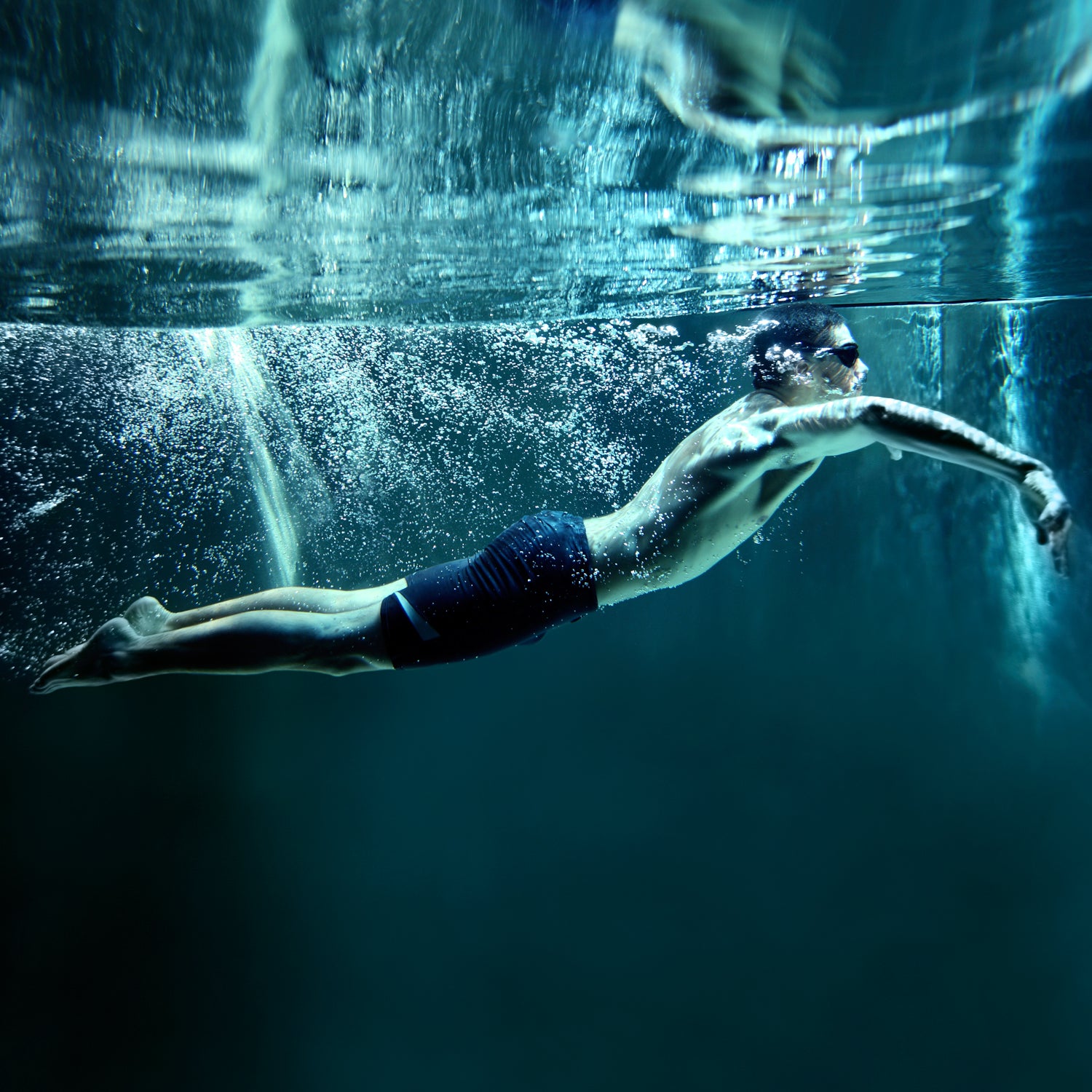Every year, data and news service Thomson Reuters compiles an index of the “.” Scientists earn a place atop the list by publishing several articles that rank among the top one percent most cited by fellow researchers.
“Citations offer a direct testament to work that scientists themselves judge to be the most important to ongoing research,” said Gordon Macomber, managing director of Thomson Reuters Scientific and Scholarly Research, in a .
With that in mind, we combed through the to find their top-cited articles over the past five years. Presenting what all that research has to say about our health:
We’re Obsessed With Shortcuts
The Source:
We want to go fast. But we don't want to do the hard work. Nitrate and protein supplement research dominates the literature. Nitrates, found in , were found to make exercise more efficient and help endurance athletes go stronger longer—if they drank 17 ounces of the stuff every day for at least three days before go-time.
And in muscle-building news, the journal’s concluded that whey hydrolysate beats out soy protein and casein for post-workout muscle recovery. Athletes who downed a drink with 10 grams of whey hydrosylate after performing resistance exercise had a 93 percent greater muscle protein synthesis response than they did after consuming a drink that contained the same amount of casein.
The takeaway? Everyone's looking for a fitness shortcut. In reality, diet tweaks and supplements might help you eke out that final percent of performance gain. But for most athletes, sticking to the fundamentals will yield more immediate results.
We Want to Embrance Bionic Technology
The Source:
Platelet-rich-plasma injections (aka PRP) were the hot topic in this journal. As the explains, PRP injections are prepared from one’s own blood, and contain “growth factors and bioactive proteins that influence the healing of tendon, ligament, muscle, and bone.” More and more pro athletes are turning to both to try to avoid the uncertainty and down time associated with surgery.
Using one’s own blood as a body boost is nothing new. Tour de France cyclists have been extracting their own blood—sometimes centrifuging it down to just the red blood cells, then re-injecting it—for years. As explains, autologous blood transfusion “is not detectable and is perhaps not technically “doping”, but remains a banned technique affording a massive boost to an athlete over fatigued competition” by delivering extra oxygen to working muscles, and “increasing the capacity of the muscles to use oxygen by up to five percent.”
Unlike blood doping, PRP injections are not illegal. In 2011, the World Anti-Doping Agency removed PRP from its after noting a lack of evidence that the procedure enhances performance. PRP is for healing.
We're Terrified Of Concussions
The Source:
For athletes in contact sports like football, researchers are particularly concerned about concussions: their long-term effects, how to spot one, and how to decide when an athlete is ready to play again after suffering one.
Since top researchers released on concussion in sport in late 2008, research on the condition has exploded. We know now, for example, that men take more than twice as long as women to recover from a concussion. (An average of 66.9 days vs. 26.3 days for women, likely because the female hormone progesterone may play a protective role.) And that 10 to 20 minutes of low-intensity aerobic activity can alleviate symptoms and expedite recovery.
Helmet technology is getting smarter, too. In football, the new Riddell SpeedFlex helmet is “designed to disperse energy, reducing the risk of trauma,” SB Nation . A built-in response system “is intended to alert coaches when a player suffers a significant hit to the head, or multiple hits that combine to pose a risk. And in the endurance sports world, Swedish company POC introduced helmets with , a technology designed to reduce oblique impact forces on the brain by allowing the helmet’s shell and liner to move separately.
We Think Sitting Is Killing Us
The Source: and
In perhaps one of the from this journal, scientists linked time spent sitting to mortality and found that the longer people sit every day, the higher their mortality rate. The revelation brought on a wave of stand-up desk articles and an urge to at least get up every 15 minutes to take a lap around the office.


